Disabled artists are still woefully under-represented in the music industry, says Becky Morris Knight, from UK arts charity Drake Music. Tackling restrictive ideas of musicianship, Drake Music has renewed calls for wider representation and greater visibility in the sector.
The charity, which deals with disability, music and technology, has previously been featured in the news for pioneering inclusivity and assistive technologies for disabled musicians and continues to work at the forefront of tackling stigma.
Responding to a report from the Department of Education in April, CEO of Drake Music, Carien Meijer, called for a deeper and more comprehensive understanding of the under-representation of disabled people within music education. Speaking to Voice six months on, Knight says there’s still more to be done.
Read what she had to say below.
Who are Drake Music? What role do they play within the music industry?
At Drake Music, we work a lot with young disabled people in music education and we think about what the opportunities and pathways are into working as a musician, or in a music-related role, in the future.
Give us an idea of the state of the music industry today. What’s representation like in this sector?
Our research into the music education workforce showed that disabled people are really under-represented in this sector, as well as in the arts more broadly. Arts Council England and the Department of Education statistics show very low levels of representation of disabled people in the workforce of - 4% and 0.5% respectively.
We have been raising awareness about this issue and have been working with disabled musicians, arts organisations, Music Education Hubs and schools to try and change it.
Here is another research project, commissioned by the Arts Council and published January 2018, exploring disabled people and the arts and culture sector workforce.
How important is visibility of disabled musicians for representation in music?
Music teachers and leaders can be great role models for young people and we need a diverse population of music leaders to inspire a diverse population of young people. This is also an important career pathway for many musicians. It needs to be visible and possible for young disabled people to pursue this career too.
We also work with disabled musicians of different ages, abilities, backgrounds and in different genres to commission, support and develop new work. This is about creating more opportunities for disabled musicians to grow their skills and experience.
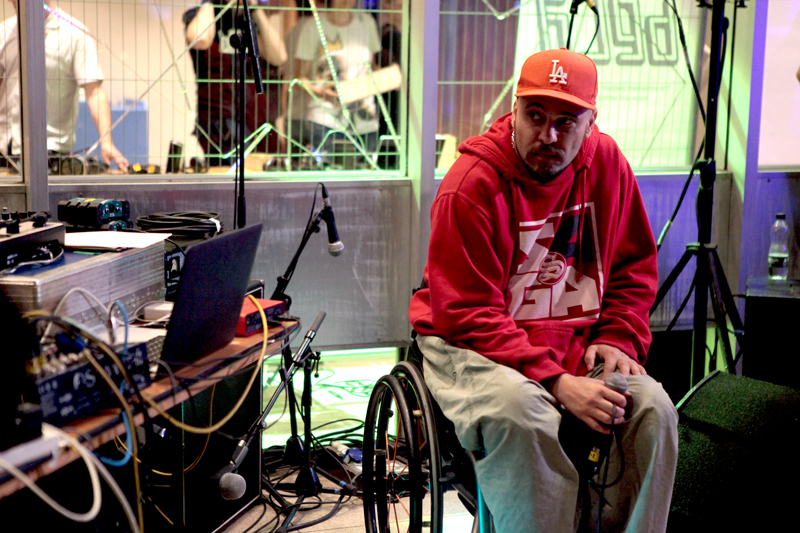 What are the biggest challenges disabled musicians face?
What are the biggest challenges disabled musicians face?
We recently asked on twitter ‘What are the biggest challenges you face as a musician?’ and received a wide range of responses, from accessible sheet music for a parent’s visual impaired daughters to the difficulties of simply being heard. These responses show some of the breadth and range of the issues disabled musicians face, from transport, to what ‘counts’ as music and who can call themselves a ‘musician’. Here is a small selection:
- “Restrictive ideas of what counts as music (and occasionally, the other way around – getting forced into these rigid musical contexts where I'm looking for other kinds of playful interaction that feature sound)… both as a musician and facilitator.” – @matthewscharles
- “The definition of musician is the greatest challenge. It will always be performative and ableist, and a weird form of identity construction. Focus on what we do: play, perform, compose, explore music, sound, noise, and less [on] being.” – @jasonnlan
- “The discussion is made fuzzy as there are so many routes to musicianship as well as definitions of being a 'musician'. Maybe this quote from Holst would help: Don't write music, unless the thought of not composing causes more distress… Definitely need to ponder more” – @benlunn
- “Getting to gigs for charity events where they don't even want to give you so much as expenses, a plate of food or a glass of something to drink. #FirstWorldProblems Other than that, I consider my musical life very enriching honestly, and I'm grateful for the opportunities I have.” – @freakyfwoof
- “Getting heard” – @jayserrao
Presumably, the music industry is a tough enough industry to navigate anyway, let alone for those with disabilities.
Working as a musician is challenging in lots of different ways, from needing luck, money and networks to get your name out there, to the difficulties of finding paid work, performing live, dealing with streaming services or defining your brand.
Disabled musicians may find that these challenges hit even harder. Government statistics on disability state that disabled people are more likely to experience poverty, unemployment, face discrimination in the workplace and/or be excluded from cultural and leisure activities.
Alongside this are the problems of physical and attitudinal disabling barriers. For example, many rehearsal or recording spaces are inaccessible to a wheelchair user. The idea of what ‘counts’ as music is narrow. Live performance is often viewed as central to ‘being a musician’ and is becoming one of the key ways to earn a living as record sales decline.
What questions should we be asking to effect meaningful change?
How do we start to remove these disabling barriers and support disabled artists, music leaders, composers, promoters, producers and more to find a home in the music industry?
This is a big issue and we certainly don’t have all the answers. We would like to hear your voice on this. What steps, large or small, could we take to make the music industry more accessible, now and in the future?
And how can readers join the conversation?
Twitter: @Drake_Music
Soundcloud: https://soundcloud.com/drake_music
Facebook: https://www.youtube.com/user/drakemusicorg/featured
Website: http://www.drakemusic.org/

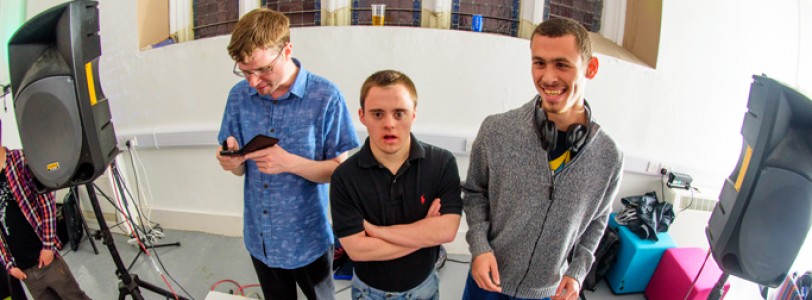
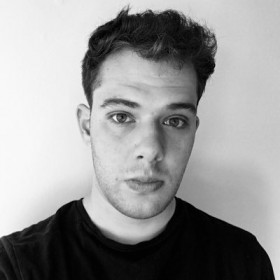
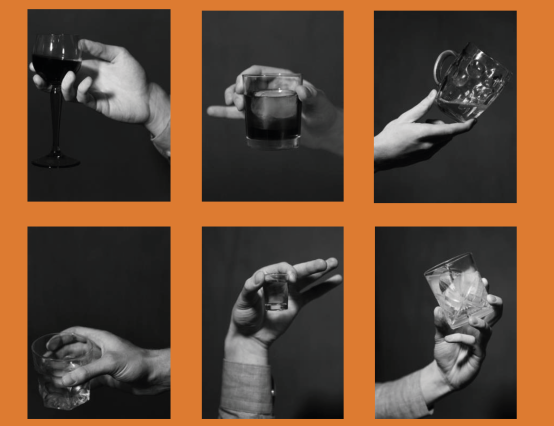
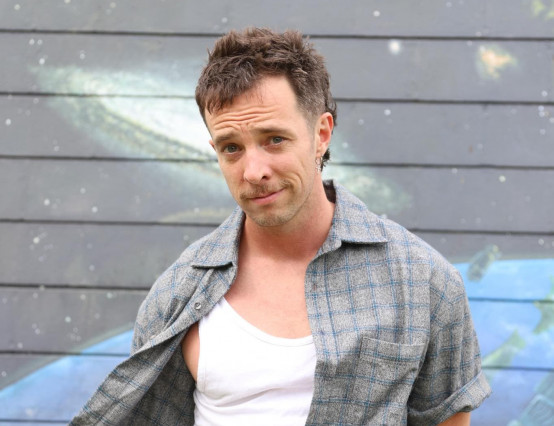
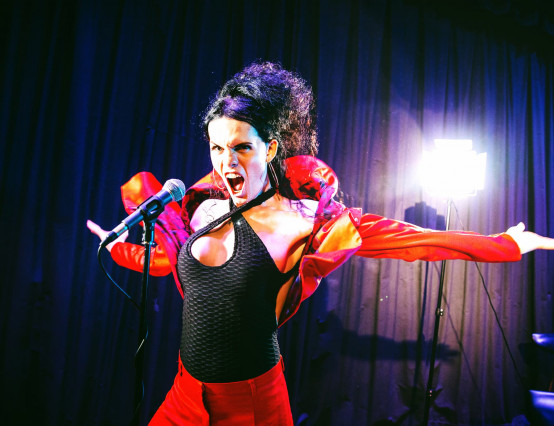


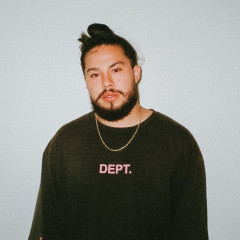
0 Comments